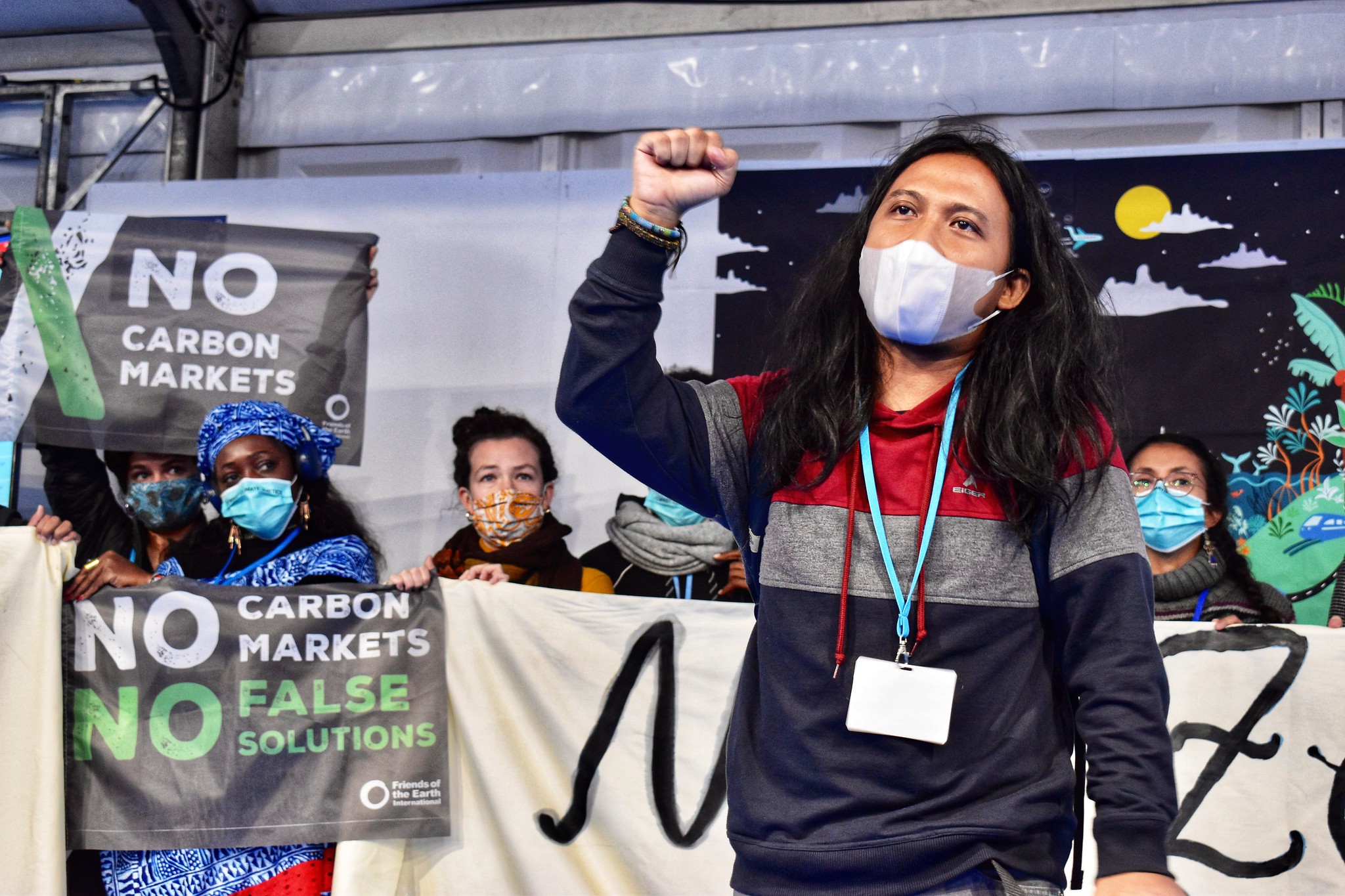
Green shoots of recovery?
I was listening to yesterday’s UK budget with even more interest than usual, if not especially high expectations. The Chancellor’s plan to establish a ‘Green Investment Bank’ had been widely trailed, and it seemed that Alistair Darling might be about to grasp an opportunity to create some ‘green shoots’ for a sustainable recovery.
 Sadly, in what may well prove his final opportunity to deliver a budget for sustainable growth, the Chancellor once again flunked the test. This budget makes no progress towards green fiscal reform. It leaves the banking sector to return to business as usual, as if nothing has been learnt from the financial crisis. And despite the announcement of a Green Investment Bank, it leaves green investment dwarfed by unsustainable ‘brown’ investment. There are also fairly large questions over whether this new creation is really green, or really a bank.
Sadly, in what may well prove his final opportunity to deliver a budget for sustainable growth, the Chancellor once again flunked the test. This budget makes no progress towards green fiscal reform. It leaves the banking sector to return to business as usual, as if nothing has been learnt from the financial crisis. And despite the announcement of a Green Investment Bank, it leaves green investment dwarfed by unsustainable ‘brown’ investment. There are also fairly large questions over whether this new creation is really green, or really a bank.
The Treasury will not rule out media speculation that the new mechanism might help fund nuclear power, as well as supporting offshore wind. When then Business Secretary John Hutton gave the go-ahead to new nuclear in 2008 he insisted there would be no subsidies from the UK government. “It is a matter for the power companies to bring forward proposals on the basis that there will be no public subsidies,” he told the BBC. He said public funds would only be provided in the “very unlikely circumstances of an emergency at a nuclear plant.”
This pledge has already been dented by Peter Mandelson’s announcement of a government investment in Sheffield Forgemasters to help them produce nuclear containment vessels. If government finance from the Green Investment Bank were to underpin nuclear power development it would leave their promises in tatters; and with one hand, undermine any renewables development it was funding with the other.
It also seems that this new fund will do little more than replace commercial investment. Under the government’s watch – since the bail out – lending to renewable energy from RBS alone has plummeted from over £2bn a year to less than £0.5bn in 2009. But instead of forcing the publically owned banks to deliver green investment, the Chancellor is requiring them to lend £94 billion without a single condition to protect the environment and human rights.
The Chancellor also didn’t introduce new bank taxes or regulation, ignoring massive public support for a ‘Robin Hood Tax’, nor did the budget include new green taxes. Buried in the supporting papers were small rises in the landfill and aggregates levies, and the scheduled rise in fuel duty was partly postponed, thus further reducing the share of the tax base made up by green taxes.
Labour entered power in 1997 with a promise to shift the burden of taxation towards environmental ‘bads’. Today the situation is even worse than when they began, despite the opportunities to deliver more employment as well as cleaner environment by shifting the burden of taxation away from jobs and employment.
Perhaps it was expecting too much from a pre-election budget,
but with the size of the deficit, new taxes will never be easier to justify. A budget that invested in green shoots that way might have been a bit of a gamble, but it might also have proved to be a vote winner come 6 May.
